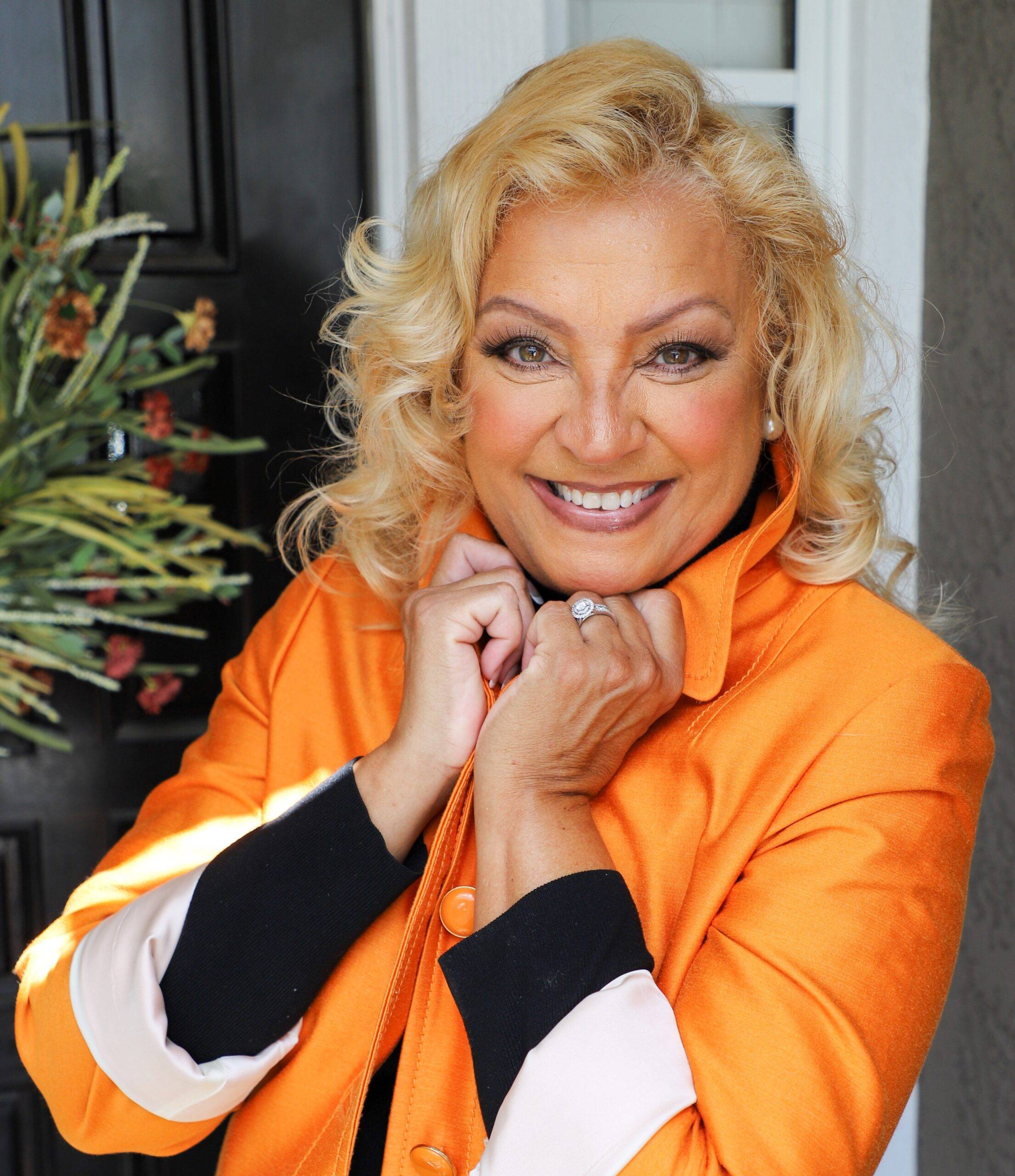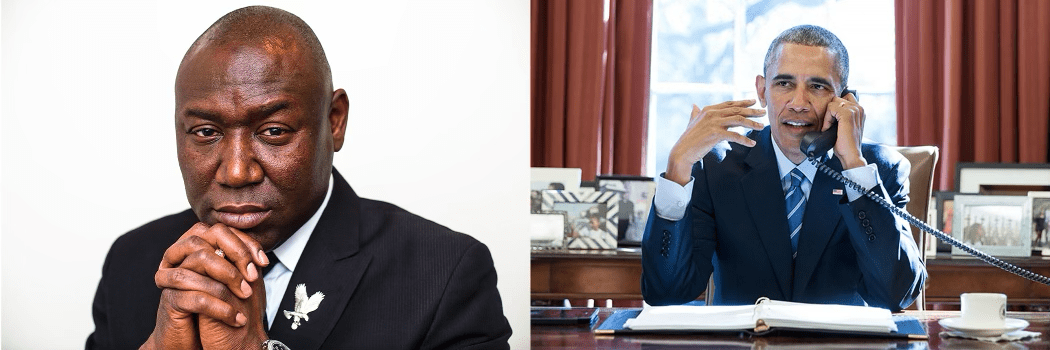Fontana, CA — Shout out to Sarah Fontenot (Host, It’s Giving Podcast), for sharing her thoughts when asked if it’s a red flag if someone proposes after only dating five weeks. Which has led me to this article.
Some people spend five years in a relationship and never really meet each other. They share space. Swap “I love yous.” Post anniversary photos. But ask them what the other person fears most, how they handle conflict, or what shaped their attachment style, and suddenly the silence gets really loud.
We often confuse and conflate time with depth. The two are NOT the same. We think that just because we’ve been with someone for a long time, we must know them deeply. But the truth? A relationship’s duration is no substitute for its emotional excavation. Time is a measure of chronology. Depth is a measure of courage.
And the hard reality is this: most relationships end over things that were visible—sometimes even obvious—early on.
The Quiet Red Flags We Ignore
Research backs this up. Studies have found that many people who divorce later on often recognized something was off within the first few months. One survey found that 15% of divorced women said their marriage started unraveling within the first three months. Not three years—three months. But we don’t walk away. We hope. We rationalize. We think love and time will smooth out the sharp edges. Spoiler: it doesn’t.
In fact, what you ignore in month three often becomes the heartbreak of year three. That passive-aggressive silence? Still there. That lack of curiosity? Still there. That misalignment around values? Still there—and more expensive now, emotionally and otherwise.
What Makes a Relationship Deep?
Let’s be clear: depth isn’t measured in anniversaries. It’s measured in honesty.
Depth is created through two things:
1. A partner’s willingness to be seen fully—flaws, fears, history and all.
2. A partner’s willingness to ask the hard questions—not just the cute ones, but the courageous ones.
You don’t get to depth by skipping difficult conversations. You get there by asking:
What hurt you in your last relationship? What scares you about commitment? How do you handle money—and why? What are you still unlearning from your childhood?
If those kinds of questions feel invasive or make someone run, that’s your answer. You’re not building with a partner—you’re building around their emotional gatekeeping.
Stop Mistaking History for Intimacy
Some people are in 10-year relationships and still don’t know how to talk about conflict without shutting down. Others meet and within six months have peeled back every layer, cried through the trauma, laughed through the healing, and asked each other the kind of questions that actually matter.
One has time. The other has depth.
And here’s the kicker: your relationship is only as strong as your toughest conversation.
Let me say that again: Your relationship is only as strong as your toughest conversation.
Especially in the Black Community, we’ve inherited too many unspoken rules: don’t ask too much, don’t press too hard, don’t expose the brokenness. But if we’re going to create new models of Black love—ones rooted in wholeness, not just tradition—we’ve got to get real.
As Dr. Thema Bryant reminds us, “Unaddressed trauma doesn’t go away because we’re in love—it just gets dressed up.”
If you’re dating someone, don’t just ask yourself how long you’ve known them. Ask yourself:
How well have you known them? What have they shown you? What have you dared to ask?
Because love isn’t about marking time-It’s about making room—for truth, for growth, for radical transparency. Time keeps score. But depth? Depth keeps you honest.






